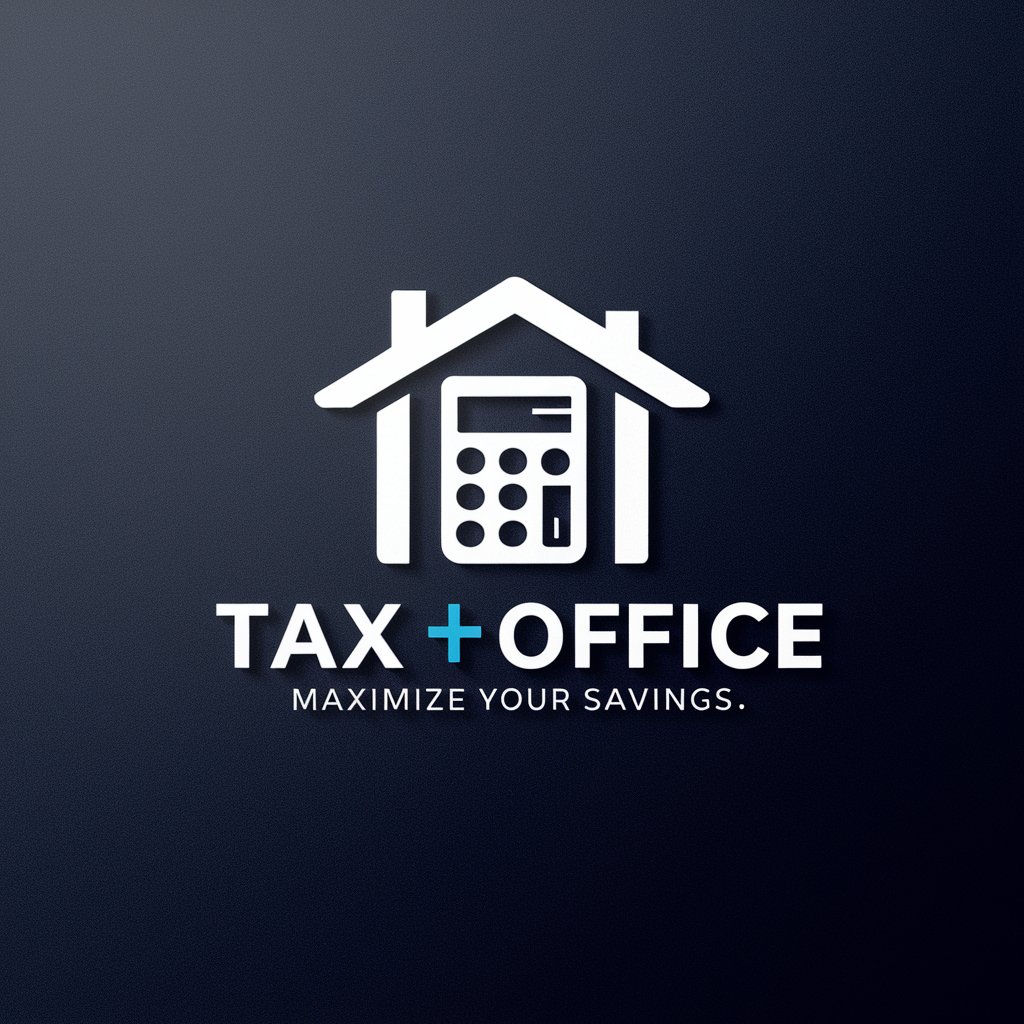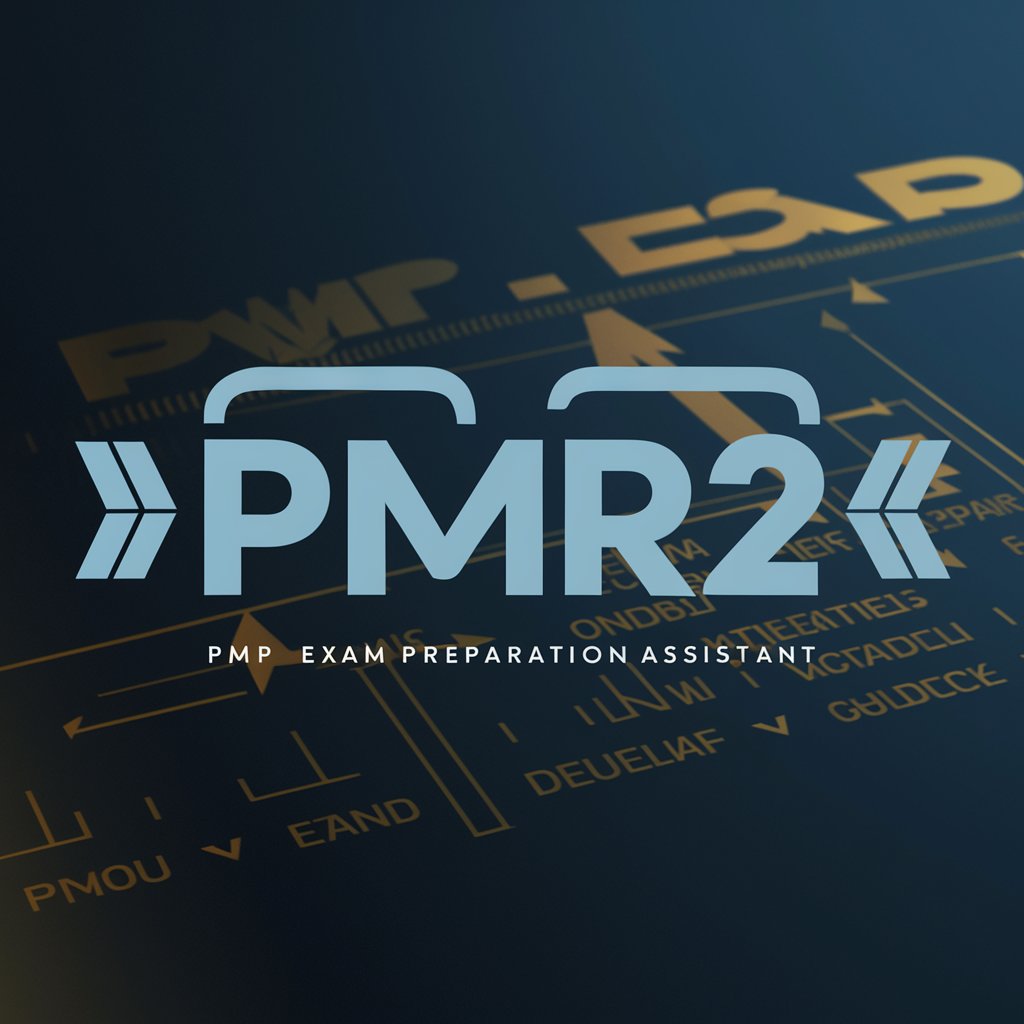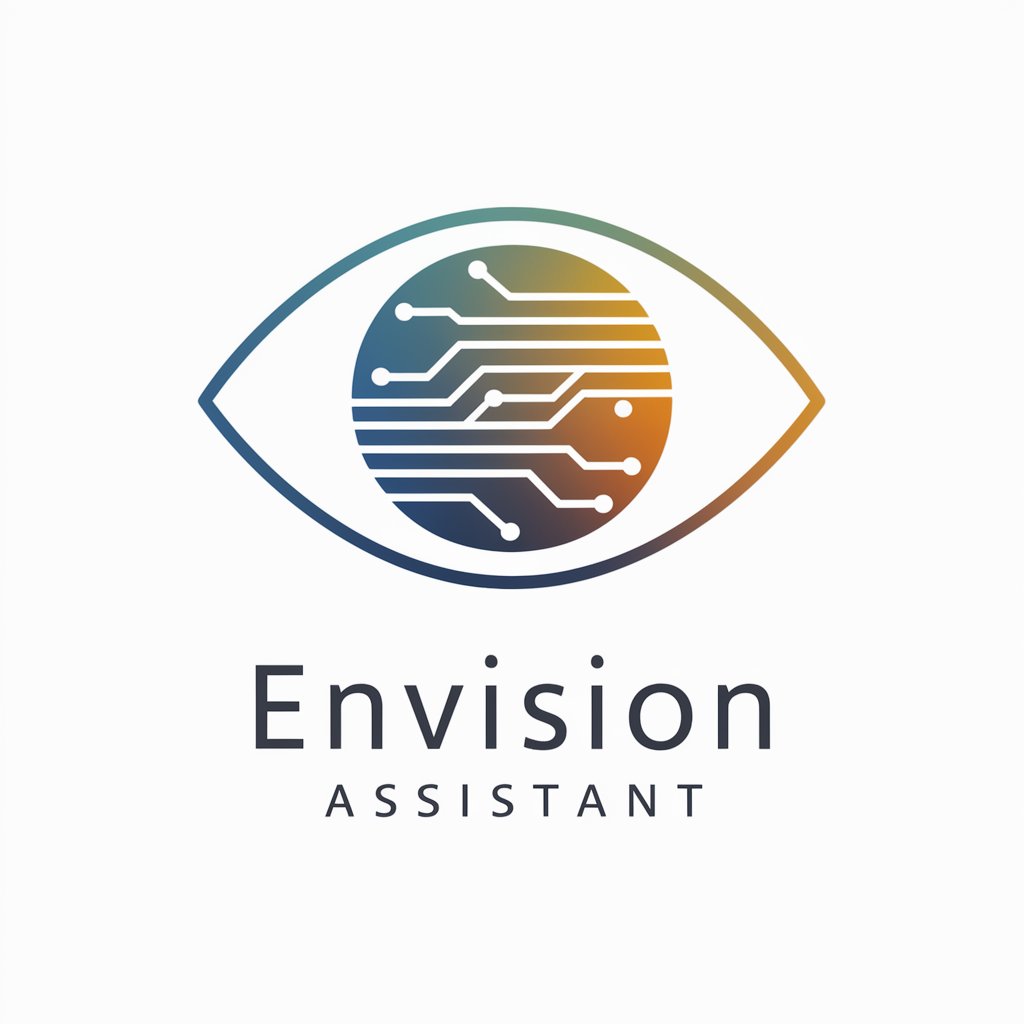Home office tax deduction - Home Office Deduction Guide

Welcome to your home office tax deduction advisor!
Maximize savings with AI-powered tax deductions.
Design a logo for a tax consulting service focusing on home office deductions...
Create a logo that blends elements of home offices and tax savings...
Develop a logo for a business that assists with tax deductions for home offices...
Craft a logo that highlights expertise in home office tax deductions...
Get Embed Code
Understanding Home Office Tax Deduction
The Home Office Tax Deduction is designed to assist individuals who use a portion of their home exclusively for business purposes to reduce their taxable income by deducting certain expenses. This deduction is based on the percentage of the home used for business and can include costs such as rent, mortgage interest, insurance, utilities, repairs, and depreciation. For example, if a freelance graphic designer uses a spare room as an office, the square footage of that room in relation to the entire home determines the percentage of total home expenses that can be deducted. Powered by ChatGPT-4o。

Core Functions of Home Office Tax Deduction
Eligibility Assessment
Example
Determining if a self-employed individual's home office qualifies for deductions based on IRS criteria, such as exclusive and regular use for business and being the principal place of business.
Scenario
A consultant uses their dining room table for work but also for family meals. This scenario likely wouldn't meet the exclusive use criterion, and thus, the space wouldn't qualify for the deduction.
Expense Tracking and Categorization
Example
Compiling and categorizing eligible expenses, including direct expenses for the home office like repairs, and indirect expenses such as utilities and internet, that are prorated based on the office's percentage of the home's total square footage.
Scenario
A freelance writer tracks their yearly internet bill, home insurance, and the cost of painting their home office. They calculate the deduction based on the office's square footage as a percentage of their home.
Deduction Calculation
Example
Using the determined percentage to calculate the total deduction amount from both direct and indirect home office expenses.
Scenario
An online tutor calculates their home office deduction by adding the prorated portion of their mortgage interest and utilities to the full amount of office supplies and equipment exclusively used in their home office.
Ideal Users of Home Office Tax Deduction Services
Self-employed Individuals
Freelancers, consultants, and other self-employed professionals who work from home can significantly benefit from these services by maximizing their deductions and reducing their taxable income.
Remote Employees
Employees who work from home and meet specific criteria may also be eligible for home office deductions, especially if they are required to maintain a home office as a condition of their employment.

Using Home Office Tax Deduction
1
Start by exploring yeschat.ai for a complimentary trial, no sign-up or ChatGPT Plus required.
2
Determine eligibility by assessing if your home office is used exclusively and regularly for business and is your principal place of business.
3
Measure the square footage of your home office and total home to calculate the deduction percentage.
4
Gather financial records related to your home office expenses, including utilities, repairs, and office supplies.
5
Use the calculated deduction percentage to apportion home expenses towards the home office deduction and prepare documentation for tax filing.
Try other advanced and practical GPTs
Health savings account (HSA)
Maximize health savings with AI

PMP eligibility verification
Verify your project management skills with AI

WiFi Guru
Optimize Your WiFi with AI Power

Belasting Adviseur
Streamline your tax matters with AI-driven guidance.

IOS-Maker 1.0
Empowering Windows-based iOS Development

Skin Health Advisor
Empowering Your Skin Health Journey with AI

Envision
Empowering your creativity with AI

Wedding & Event Envision AI
Craft Your Dream Event with AI

Creative Visualizer
Imagining the Future of Flight

Vision+Voyage
Navigate Complexity with AI-Powered Leadership Insights

Envision Copywriter
Crafting Your Words with AI Precision

Envision Assistant
Empowering your ideas with AI

Home Office Tax Deduction Q&A
What qualifies a space as a home office for tax purposes?
A space qualifies if it is used regularly and exclusively for business activities and is the principal place for your business.
Can I deduct expenses if I work from home occasionally?
No, the space must be used regularly for business purposes to qualify for home office deductions.
How do I calculate the deduction for mixed-use spaces?
You must allocate the percentage of the space used for business to calculate the deduction accurately.
What expenses are deductible under the home office deduction?
Deductible expenses include direct expenses for the home office and a proportionate share of general household expenses based on the office's size.
Does utilizing the home office deduction increase audit risk?
While there's a common belief it might, maintaining proper documentation and accurate expense tracking can mitigate this risk.
